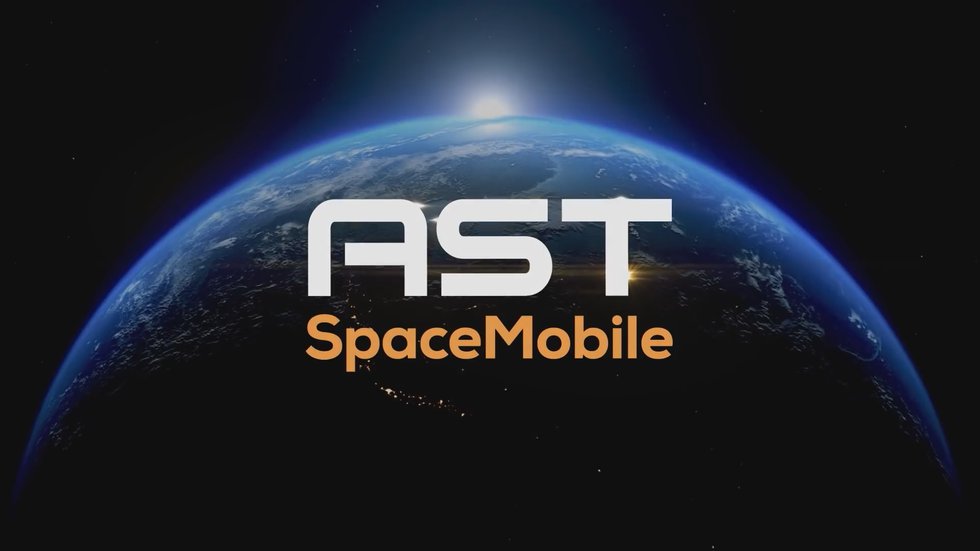AST SpaceMobile wins Rakuten contract
February 19, 2024
By Chris Forrester

Fledgling satellite operator AST SpaceMobile has signed up Japanese telco Rakuten to its planned direct-to-smartphone service. Rakuten says it will deploy AST services starting in 2026. Rakuten joins Vodafone, AT&T and Google to AST SpaceMobile’s growing club of telcos promising a satellite-based service. Other members of the club include Bell Canada and American Tower and a total of 40 (mostly unspecified) other telcos.
Rakuten’s CEO Hiroshi Mikitani, speaking at a launch event in Tokyo, said: “I want to make the physical, geographical coverage 100 per cent for Japan. People will be able to make direct phone calls from a ship or a plane.”
AST describes itself as “The first and only space-based cellular broadband network for mobile phones. Eliminating coverage gaps to enable billions of people globally to stay connected.” AST has also said that its system will permit “three-way calling”.
AST is now assembling four satellites per month and will start launching them during Q2 2024, with more powerful Version 2 following on. However, as a reality check the company is running about nine months later than initially promised for availability and launches. SpaceX will handle AST’s satellites.
Nevertheless, a February 8th report from investment bank Barclays talks positively and says the investment revenue opportunity for AST could represent a meaningful uptick for the satellite industry, noting: “We believe the investment case for AST has evolved positively since the launch of its test satellite in 2022″.
However, the would-be operator is in an already crowded area. Apple/Globalstar already offer emergency SOS services and say they will expand their offering once Globalstar orbit extra satellites in 2025.
Elon Musk’s Starlink is rapidly expanding its satellite offering to include initially emergency and then full voice services and working with T-Mobile.
Businesses such as Viasat and Iridium are also tapping into this market opportunity.
China’s Huawei is already offering messaging to its ‘Mate 60 Pro’ series of smartphones.
These direct-to-device systems — which are often called non-terrestrial networks or D2D networks — enable devices to stay connected through satellites in space. For isolated rural communities or businesses operating in remote regions, it could bridge coverage gaps that are not served by cell towers and antennas on Earth.
But one observer, Dr Tim Farrar of TMF Associates, expressed a word of caution, saying: “It has become crystal clear that some of the most experienced companies in the satellite sector don’t believe there can be a return on investment for additional capital investment in the face of competition from SpaceX. Some investors haven’t realized that yet.”
“There’s definitely interesting opportunities here,” Farrar continued. “The unknown is really the degree to which consumers really care, and we’ve had 25 years of learning that in most cases, to date, we’ve not seen a lot of evidence that they do care.”
